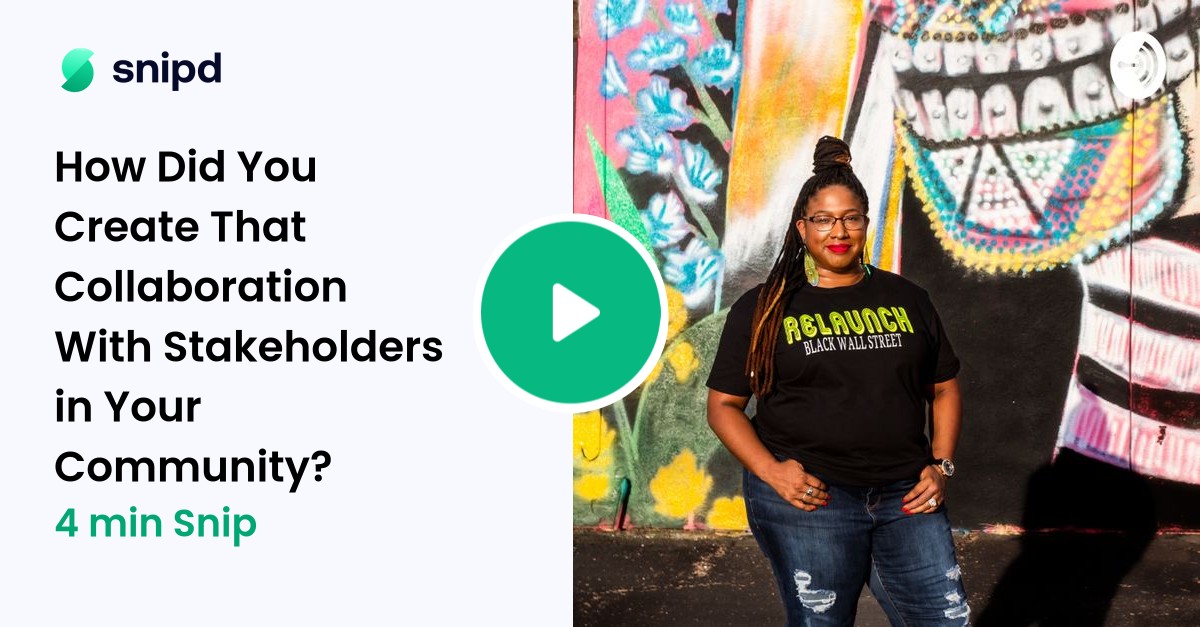Check out a snippet of an exciting conversation between Diona Reese Williams, who is Cassandra's first Creative Partner (client), and Ellen Bashor.
Diona's recording season 4 of her podcast this month and just shared a sneak preview of an episode with me! The sneak preview is for my ears only 😉 but what I want to share with your ears and eyes is a snippet of her latest episode, which I've been listening to while driving the past few days (I don't drive that much so it takes a few days to make it through a conversation haha).
Listening to the episode felt like hanging out late into the night at a Prescott College Nature and Place-based Early Childhood Education Summer Institute. Ellen and Sarah, a former Prescott College colleague of Ellen's (and another amazing human I'm grateful to know) are the two people who actually lay the groundwork for Diona and me to meet. Ellen and Sarah were leading the Summer Institute when Diona and I first participated in it.
Ellen offers epic levels of support to the field of nature-based education as Education Director for an intergovernmental agreement between Prescott Unified School District and the City of Prescott's Community Nature Center and as an Environmental Education instructor at Prescott College (to name just two of many roles Ellen holds!).
I'm playing with this new-to-me app called Snipd where you can make and share snippets of podcast episodes. Here's four minutes that I enjoyed listening to and you might as well:

Snipd also makes transcripts using AI. The AI is not as good as a human so here's a freshened up transcript if you'd prefer to read the snippet.
Transcript
AI made & human (= me) edited
Speaker 1 (Diona Reese Williams): How did you create that collaboration with all of these different stakeholders in your community – I feel like people would want to know that, and they could certainly listen to the first episode.
Speaker 2 (Ellen Bashor): Yeah.
Diona: But I think a little refresher on how – I mean because the beginning stages, I remember, it was a lot of work but like where you're at now, I – I just – it just it blows me away like just the amount of dedication each, like stakeholder has in the in the early childhood programming stuff.
Ellen: Totally. I mean, that's like what's so cool about it and I think it's cool about the asset based models where you really are looking at what do we each already have and are already doing.
And that makes it's so much easier to make a collaboration than saying, you know, what do we want and what can we each do more of?
Diona: Right.
Ellen: We know we're asking more of everyone and as we know like in this sector folks can be pretty maxed out or underfunded or struggling in different ways.
So I think kind of the first thing was saying, I mean, and maybe the all – how it all started is kind of that "asset mindset." Right?
With the pandemic that came along, and schools went online, as well as myself. I was teaching at the college at the time. Where I'm still teaching part time and.
Yeah, there was a global pandemic and I don't think most of us here – there's less of us that have degrees in epidemiology. [both laugh]
And so kind of the question is, how do you help your community in a pandemic with the skills that you have.
And for me that was, you know, my degrees in outdoor and environmental learning, which at first seems a little bit disconnected, but finding ways in which I could use that. So I reached out to our superintendent of our district, our director parks and rec and said, "Hey, right, I can't solve this crisis, but I can help with small things and I'd love to find a way to get kids safely together and learning and access to food, Internet [laughs], somewhere to go while their adults, who are essential workers are still – still showing up and working every day.
And that was how we ended up reviving an abandoned community nature center – it's an 18 acre open space preserve in the city of Prescott. And so yeah, from that we revived an old intergovernmental agreement and for the past two years now we've had 15,000 student visits – what went from a childcare – a COVID care program for specifically high risk, high needs students in our district.
Schools returned. And they said, "let's keep going" and teachers said "we want this too" and we want our – we saw the benefits we saw what happened during that so we've kept that going through fundraising and through a lot of collaboration. We have a lot of nonprofits that have joined us to help out, to keep up, kind of, with the teacher demand.
We definitely hit our max this spring when we were fully booked on through the end of the school year with public school programs. So because it's an intergovernmental agreement on public land, public schools. It's a public service so every type of outdoor learning that we provide both for the schools and the community is 100% free for any participant and that's been really cool.
Again, not because we had all the resources but because we made the collaborations with the people who had the resources.
These folks could make signs. These folks could spread the word. These folks could show up for our infants. These folks could show up for our middle schoolers. And that's really been super cool.
Diona: Oh my...
